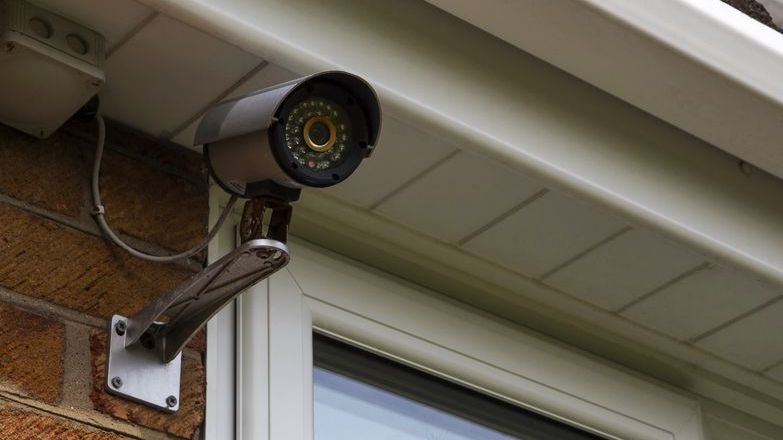Propertymark represented its members on the issue of antisocial behaviour (ASB) at a recent engagement session on 4 September 2024 organised by the Independent Working Group on Antisocial Behaviour that was initiated by the Scottish Government.
The Minister for Victims and Community Safety, Siobhian Brown commissioned the Independent Working Group on ASB to complete a review of how the Scottish Government’s method of thwarting and beating ASB could be enhanced, especially regarding victim support.
Chaired by Fiona Dyer, Director of Children and Young People’s Centre for Justice (CYCJ) and Lorraine Gillies, Chief Executive Officer at the Scottish Community Safety Network, the Working Group is also expanding on evidence from a report that was published in November 2023: Reviewing Scotland’s Approach to Antisocial Behaviour.
The most important primary legislation in Scotland, the Antisocial Behaviour etc. (Scotland) Act 2004, issues a broad definition of antisocial behaviour, which is a person engaging in behaviour that is likely to cause distress.
Propertymark reported that its members found that noise complaints, property neglect and vandalism, illegal subletting and overcrowding as well as substance abuse and criminal activity were the main concerns of ASB in the private rented sector. However, the membership body also highlighted that the problem of ASB is growing due to the chronic shortage of social housing and more people accessing the private rented sector who have complex issues such as mental health and substance misuse.
The industry body also stated that the definition of ASB did not consider people’s tolerances and stated that even low-level ASB can adversely impact people especially if it is persistent. It asked that there be greater guidance for letting agents when dealing with ASB, and that ASB needs to be categorised with cases involving serious ASB being prioritised and given greater sanctions to perpetrators.
When looking for further support for the sector, Propertymark said that, unlike the social sector, the private rented sector does not have the resources or training to deal with ASB, especially in complex cases, therefore asking that local authorities and the police further support landlords and agents.
This also includes police and local authorities sharing more intelligence and data with landlords and agents about tenants who commit ASB.
In contrast, Propertymark also highlighted mediation services from Highland Council as best practice as this has shown to be crucial in ensuring that relations between landlords and tenants do not break down and that tenancies are maintained.
Members’ issues with the First-tier Tribunal system were also reported as cases involving ASB as a possession ground are few and far between. Solicitors have informed the industry body of circumstances where landlords or agents have come to them for support in possession cases involving ASB in which they have told them to find an alternative ground as ASB is very hard to evidence, and getting the evidence can be intimidating and unpleasant for landlords, agents or neighbours.
Another issue highlighted regarding the First-tier Tribunal is that the system is too slow. Members have reported that cases sent to the First-tier Tribunal can often take several months to be heard inevitably providing the tenant time to improve their behaviour before the hearing, the judge ruling that the issue is no longer present and for the tenant to continue the ASB after the hearing with nothing in place to ensure the tenant changes their behaviour. For example, if alcohol or drug misuse is the root of the problem, the perpetrator does not have to prove they are no longer misusing alcohol and drugs.
Once the Working Group has gathered evidence as part of its work and reported on findings and recommendations jointly to Ministers, the Convention of Scottish Local Authorities (CoSLA), and Police Scotland by the end of this year, the report will be available in the public domain.
Tim Thomas, Policy and Campaigns Officer at Propertymark, said:
“Our members have expressed real concerns when it comes to antisocial behaviour in private rented properties, and we were pleased to have been invited to express and voice these real-life issues being faced on the ground which we hope has provided valuable insight and can lead to change.
“What we would now like to see is bespoke support, like what is seen within the social rented sector, expanded to the private rented sector to enable agents and landlords to also receive the guidance and knowledge needed to appropriately deal with incidents of antisocial behaviour.
“Alongside this, we would like to see these cases sped up in the First-tier Tribunal and where people have been causing antisocial behaviour, have them followed up to help prevent further disturbance within communities and enable agents, landlords, and the court to act more efficiently.”











